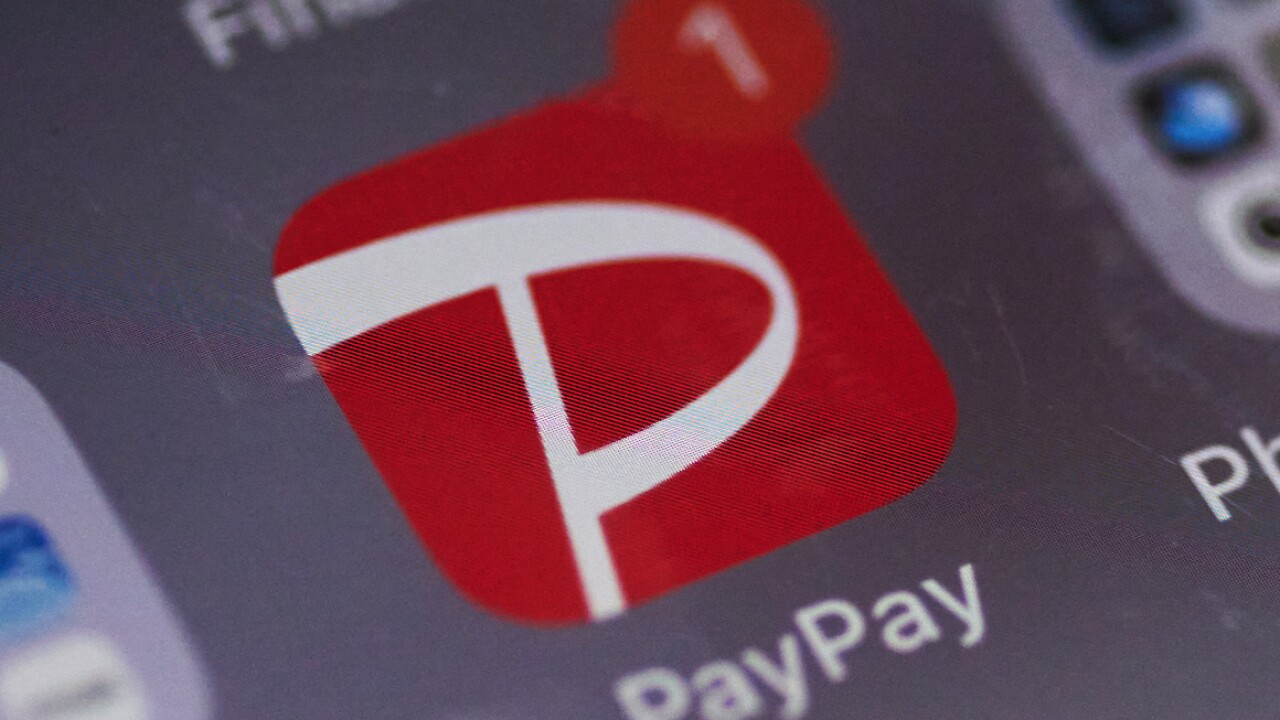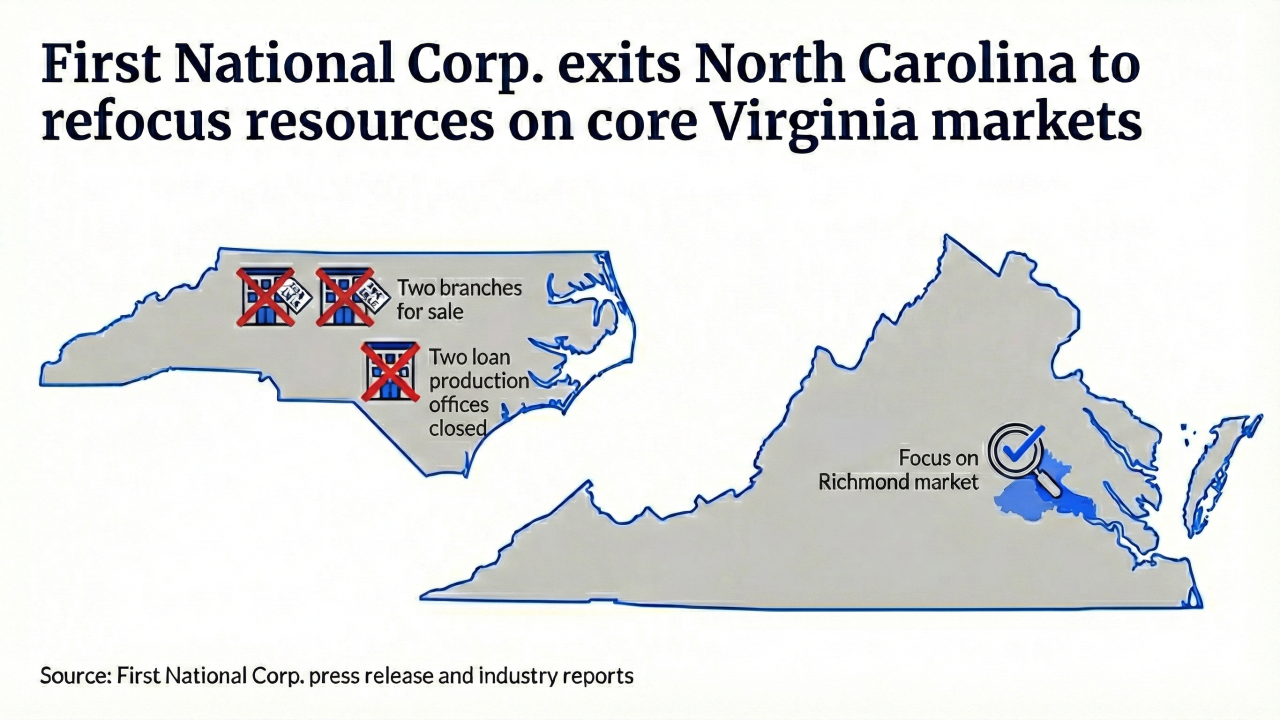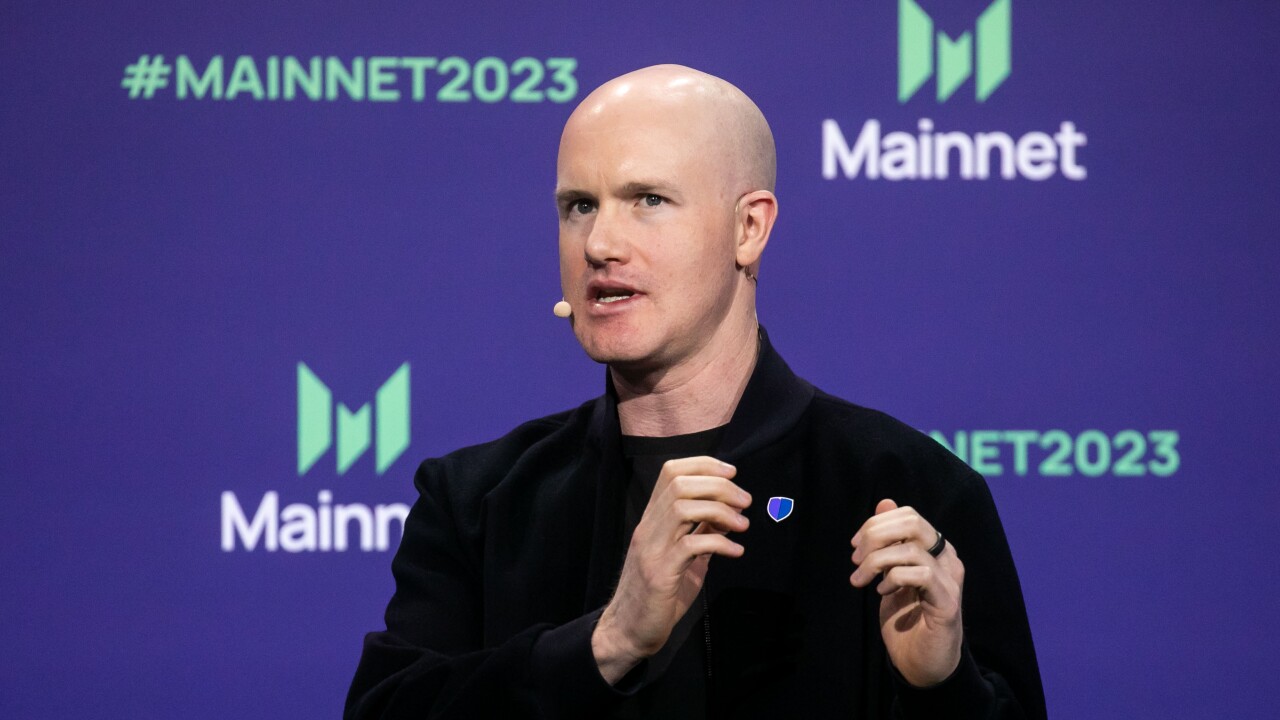Bess Alpaugh has little in common with most community bank CEOs besides the title and talent.
Processing Content
She wasn't a high-gloss MBA graduate; she wasn't recruited with stock options or other perks.
In fact she started in banking the way most young women did in 1949, as a teller and bookkeeper.
Five years later, expecting the first of what would be six children, she left - not to return for 17 years.
Not until 1971, after her husband died, did she return to American Marine Bank - at age 42, as the president's secretary.
At any other bank, the chances she'd wind up as his replacement would have been practically nil. But American Marine Bank, on this bucolic island across Puget Sound from Seattle, makes its own odds.
And when Ms. Alpaugh's chance came to be chief executive of this highly successful small bank, it didn't strike any employee, least of all her, as unusual.
Despite Ms. Alpaugh's success, her potential might have gone for naught at another institution. Women who reach the upper echelons are rare in banking.
But Louis H. Goller, her bank's founder, made certain it was different, Ms. Alpaugh says.
"He really was progressive, and ahead of his time," she says. "He was always pushing women to join organizations, further their educations, and better themselves. That he cared that much for his staff was very empowering."
Mr. Goller, now 80, is chairman emeritus of American Marine Bank.
Heidi G. Wells, a vice president with American, said Ms. Alpaugh is the logical extension of Mr. Goller's farsighted approach.
"Mr. Goller never felt that women couldn't do as good a job as men," she said. "He was ahead of his time in that respect, but all you have to do is look at Bess and you can see he knew what he was doing."
Now a $125 million institution with three branches, American Marine Bank still holds true to Mr. Goller's ideals, which go beyond simple equality of opportunity.
American is unique in that almost everyone at the bank has spent time in the teller line. Ms. Alpaugh, who's handled every duty at the bank except note changer, said most of the staff has come up through the ranks. That has boosted both employee morale and understanding.
"We really run on a team concept here," she said. "Everybody has input, and I think the success we've had here really shows what happens when you motivate and empower people."
Ms. Alpaugh said the lessons she learned raising six children were invaluable when it came to running the bank. After her husband, Robert, died, they were lessons learned the hard way.
"It was a tough time," she said. "I never looked ahead. I just came into the bank every day and went to work.
"But I was lucky in that when I had to go back to work, my four oldest children, all girls, were teenagers, so they would look after the two youngest, my boys, who were 1 and 3 years old," she continued.
"My children really helped me out. When I would get home, dinner would be ready. They did all the housework, yard work, and laundry. I didn't have to cook a meal for myself until my youngest went away to college."
While her children were handling chores around the house, she concentrated on banking.
In 1975, less than four years after returning to American full-time, Ms. Alpaugh was elected vice president of administration. She was named secretary to the board of directors in 1979. In 1983, Ms. Alpaugh was named senior vice president of administration. Four years later, she was elected to the board of directors and made an executive vice president.
In November 1989, Ms. Alpaugh was elected president; she took over as chief executive officer Nov. 19, 1992.
Ms. Alpaugh said when she tried to rationalize her promotion through good timing, Mr. Goller's response was blunt.
"I said to Lou, 'I guess I was just in the right place at the right time.' And he said, 'Baloney.'
"I guess I've found that throughout my life and my career, good things happened without me having to go looking for them, by just working hard," Ms. Alpaugh said.
American Marine Bank's uniqueness goes beyond in-house attitudes. In an industry known for growth through consolidation, American opted to sell off several mainland branches a few years back, choosing to concentrate on its home base.
Ms. Alpaugh said she understands her institution's importance to Bainbridge Island and was more interested in building local ties than boosting deposits elsewhere.
"American Marine Bank has such a good environment about it. It's what community banking should be," said Nancy E. Sheppard, executive director of Western Independent Bankers.
Ms. Alpaugh is president of the Western Independent Bankers' board and a director of the Western States Bank Card Association. And she says she has her eye on joining the Peace Corps once she steps down.
But for now her primary concern remains American Marine Bank.
She's proud of the bank's track record - it has returned better than 1.4% on assets for four years running - as well as the high employee productivity, which has helped American hold its own, despite heavy competition on Bainbridge Island from several mainland institutions.
"I've always tried to set a good example by working hard," she said. "But I think that goes for everyone here.
"Most of us have been at the bank a long time. We take a lot of pride in what we do."





